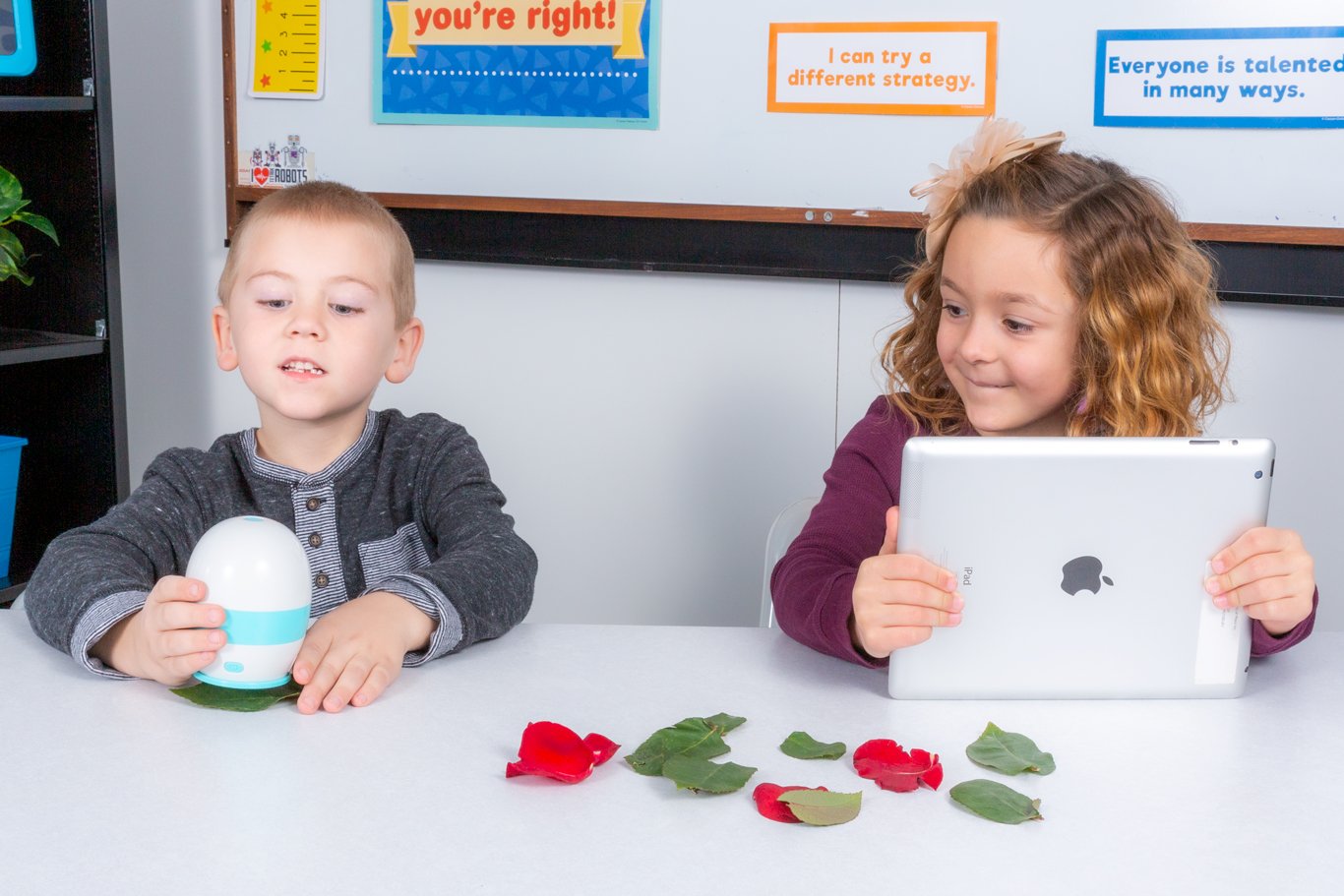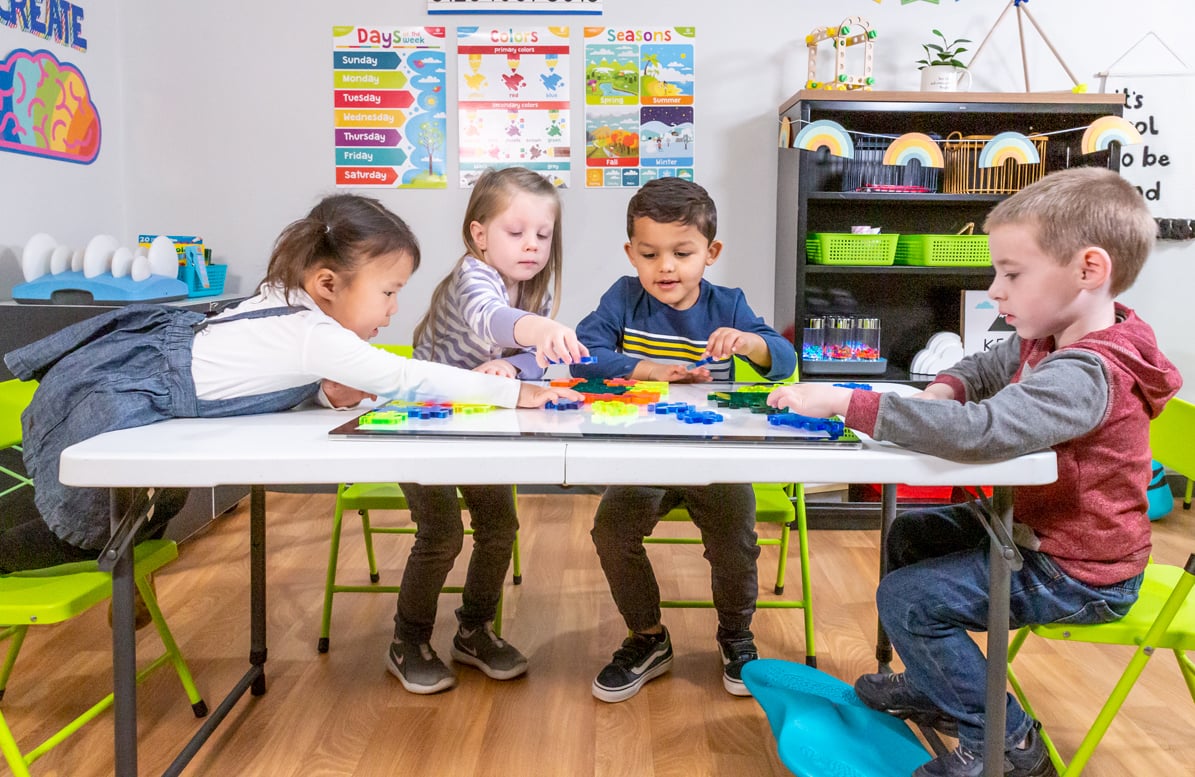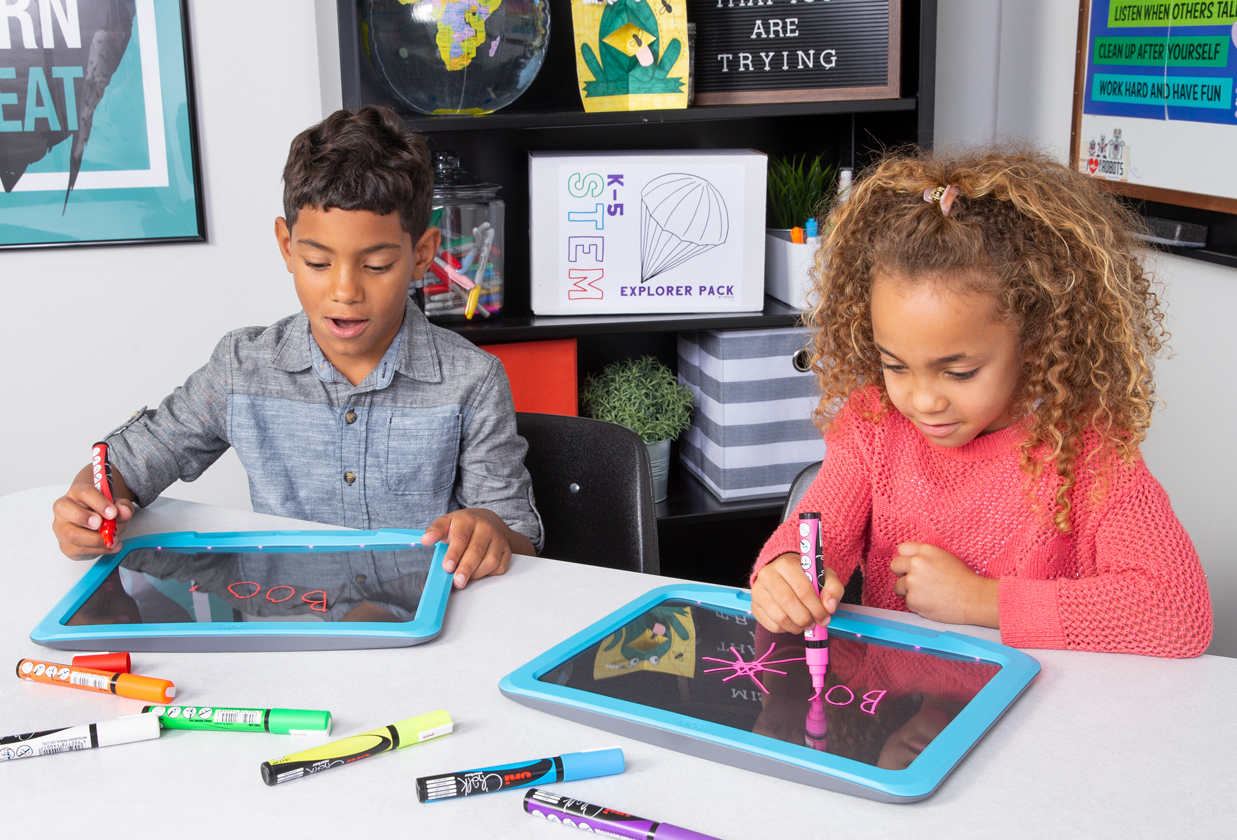Updated 6/18/24
In late 2020, we announced the addition of products that would support hands-on early learning in partnership with TTS International. In 2021, we released our first Little Book and added pre-K educators to Pitsco TAG. We’ve had a chance to connect with more educators and add new friends to the Pitsco family. And now we have an Early Childhood catalog. Time surely does fly when you’re having fun!
We shared why we felt it was important to serve this age group with our expanded solution assortment. “Pitsco and TTS believe that STEM learning can happen anywhere, anytime, and at any age.” But there’s still so much to say. We fully believe that STEM education in early childhood education is critical not only to individual student success but also to building better communities.
The future is for the making! So, let’s help our earliest learners MAKE MEANING of their world.
How? With quality, early STEM experiences.
“. . . Research analysis found that young children are capable of engaging in, at developmentally appropriate levels, the scientific practices that high school students carry out” (McClure et al. 2017). As one researcher explained, young children “can make observations and predictions, carry out simple experiments and investigations, collect data, and begin to make sense of what they found.” NAEYC also adds, “When we say children are ‘born scientists,’ we’re not just being cute. Children really are intentionally exploring their environments.”
- ALL young children can learn and do STEM.
- STEM learning supports the most critical point of brain development (between birth to age 5).
- STEM learning takes advantage of natural interest and active exploration.

Quality early childhood education is embedded with proven experiential cross-curricular delivery methods. STEM is a naturally cross-curricular approach to delivering a variety of subject matter in a uniquely integrated, authentic, and highly engaging way. It allows children opportunities to foster 21st-century skills, which are highly demanded, and essential tools needed for success as they enter both their next grade level and eventually society at large.
- STEM promotes strong ties between STEM learning and language learning.
- STEM learning improves social-emotional learning skills.
- STEM learning can have impact on academic outcomes for all subjects, especially math and science.
Rooted in the work of education, psychologists such as John Dewey, Jean Piaget, and Lev Vygotsky, as well as early childhood studies such as HighScope, immersive learning such as that experienced in STEM-STEAM-STREAM activities taps into the human brain’s aptitude not just for knowledge retention but also for knowledge construction. It provides children the opportunity to develop skills rather than memorize content.

Best practices in early childhood education are clear that hands-on opportunities in a child’s natural environment promote basic developmental skills, later becoming skills and competencies that last for many years and lead to both educational and professional success.
- STEM activities encourage independent and collaborative learning.
- Hands-on experiences improve retention.
- STEM learning promotes readiness for higher education and career success.
Young learners are curious and capable. They are full of wonder! And, we can wonder alongside them! Offering experiences that are safe, nurturing, and developmentally appropriate provides them the chance to make, break, build, test, grow, and repeat. Learning through play for the win any day!
- STEM learning encourages lifelong learning.

STEM in early childhood education means growing heads and hearts with hands on. It helps today’s kids take the world to the next place it will be.
MORE RESOURCES:
- What’s trending in early learning – PreK-2 STEM Activity Bundles
- Once upon a STEM story – Building STEM skills with fairy tales – Childhood classics to encourage a full STREAM experience
- Chocolate-covered learning: Seven STEM activities for kids – Pretty sweet roundup of STEM activities great for young kids

